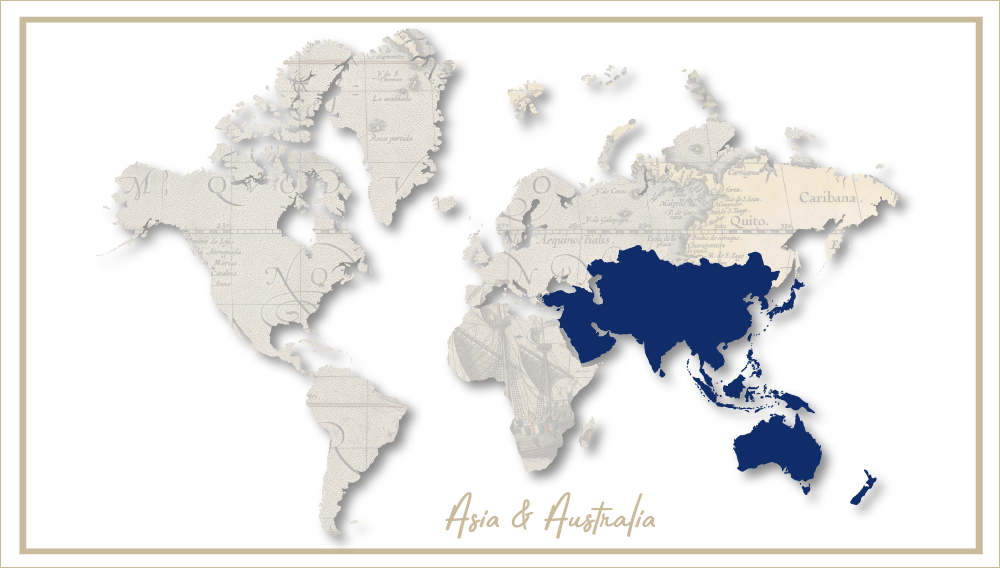No, it’s not called protectionism
The Coca-Cola Company should have seen it coming. Remember how the Chinese government responded to the purchase of Anheuser-Busch by InBev last year?
The deal was endorsed by Chinese regulators only on the condition that the combined firm’s existing interest in several domestic breweries in China be frozen. In particular, Anheuser-Busch’s non-controlling 27 percent stake in Tsingtao, a leading Chinese brewer, was largely liquidated in January (and sold to Asahi Breweries) after what is presumed to be pressure from the government.
Still, it came as s shock to most when on 18 March 2009 the Chinese government rejected Coca-Cola’s planned acquisition of the Chinese company Huiyuan Juice, despite Coke’s announcement a week earlier that it would commit USD 2 billion on top of that to expansion in China over the next three years.
Even commentators at ‘The Economist’ wondered: ‘Coke has spent years developing its presence in China, and has invested heavily, presumably making it one of the world’s more acceptable buyers. It is also one of the few companies able to finance a big deal in today’s difficult circumstances. If Coke was not acceptable to the Chinese authorities, then who would be?’
The rationale behind the deal was clever. Market observers say that Huiyuan would have given Coke much-needed market penetration in third- and fourth-tier cities. Many consumer goods companies go into China looking to target Shanghai and Beijing. They ignore the less-developed areas because they think the consumers there are too poor to buy high-priced foreign goods. But Coke was smart to seek a way to reach those less-developed markets. It is where the real consumer growth will come in the next decade.
Those areas are home to roughly 800 million Chinese consumers. They may not have as much disposable income as their counterparts in the megacities, but they do spend.
Coke was also smart to try to buy Huiyuan because of its healthy image. Its fruit juices are popular among younger Chinese consumers, who are willing to pay more for healthy and safe products.
We need to bear in mind that in a country where food scares and all kinds of pollutions plague daily life, younger consumers willingly shell out for products if they think they are good for them.
However, Coca-Cola was wrong in one respect. It thought the government would not mind the sale of a non-strategic asset.
It does mind. The government does not want foreign firms to buy controlling stakes in large national players that do not require financial or management help.
‘The Economist’ also reminded its readers that another new law comes into effect on 1 May 2009, subjecting any transfer of a state-controlled asset to yet another layer of review, this time by a local commission. Theoretically, this is not aimed at any particular kind of acquirer, and would not block well-conceived deals, but that, of course, was said about the anti-monopoly law as well.
The new law had not received much attention. It will now.

